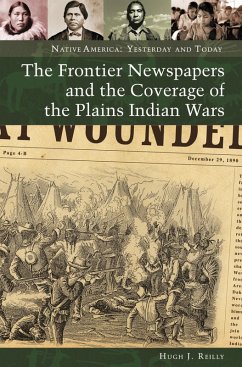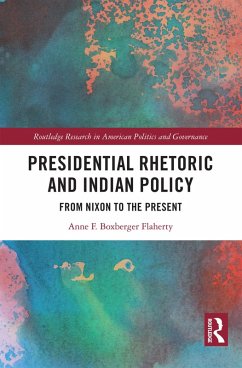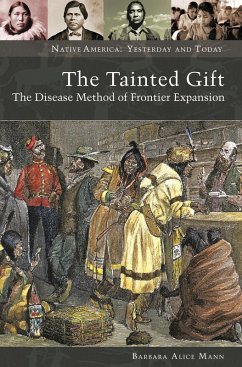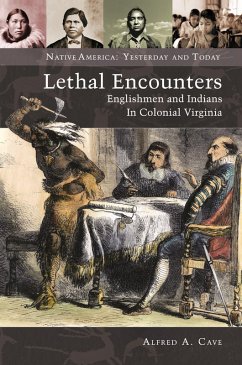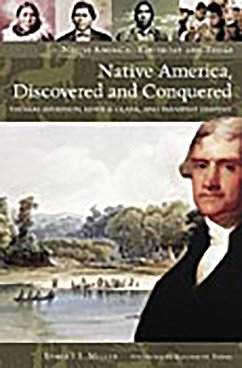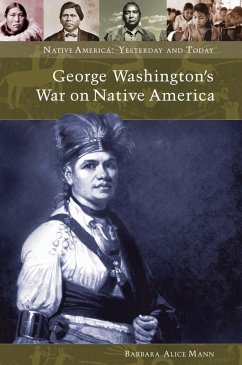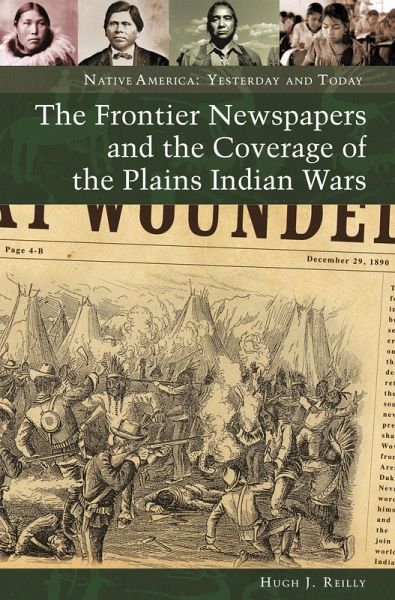
The Frontier Newspapers and the Coverage of the Plains Indian Wars (eBook, ePUB)
Versandkostenfrei!
Sofort per Download lieferbar
46,95 €
inkl. MwSt.
Weitere Ausgaben:

PAYBACK Punkte
23 °P sammeln!
This book offers a revealing look at how newspapers covered the key events of the Plains Indian Wars between 1862-1891-reporting that offers some surprising viewpoints as well as biases and misrepresentations. The Frontier Newspapers and the Coverage of the Plains Indian Wars takes readers back to the late 19th century to show how newspaper reporting impacted attitudes toward the conflict between the United States and Native Americans. Emphasizing primary sources and eyewitness accounts, the book focuses on eight watershed events between 1862 and 1891-the Great Sioux Uprising in Minnesota, the...
This book offers a revealing look at how newspapers covered the key events of the Plains Indian Wars between 1862-1891-reporting that offers some surprising viewpoints as well as biases and misrepresentations. The Frontier Newspapers and the Coverage of the Plains Indian Wars takes readers back to the late 19th century to show how newspaper reporting impacted attitudes toward the conflict between the United States and Native Americans. Emphasizing primary sources and eyewitness accounts, the book focuses on eight watershed events between 1862 and 1891-the Great Sioux Uprising in Minnesota, the Sand Creek Massacre, the Fort Laramie Treaty of 1868, the Battle of the Little Big Horn, the Flight of the Nez Perce, the Cheyenne Outbreak, the Trial of Standing Bear, and the Massacre at Wounded Knee in 1890 and its aftermath. Each chapter examines an individual event, analyzing the balance and accuracy of the newspaper coverage and how the reporting of the time reinforced stereotypes about Native Americans.




